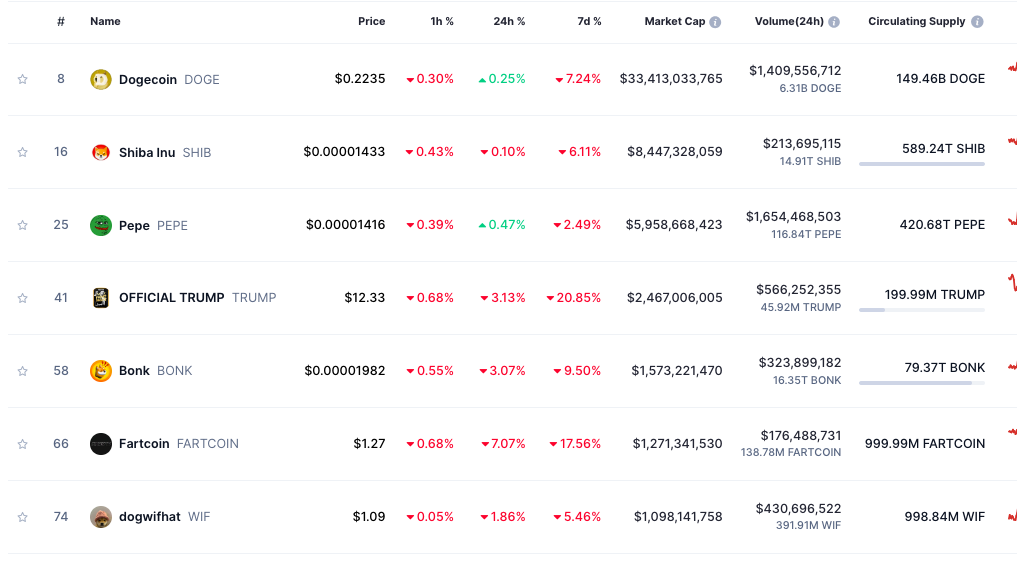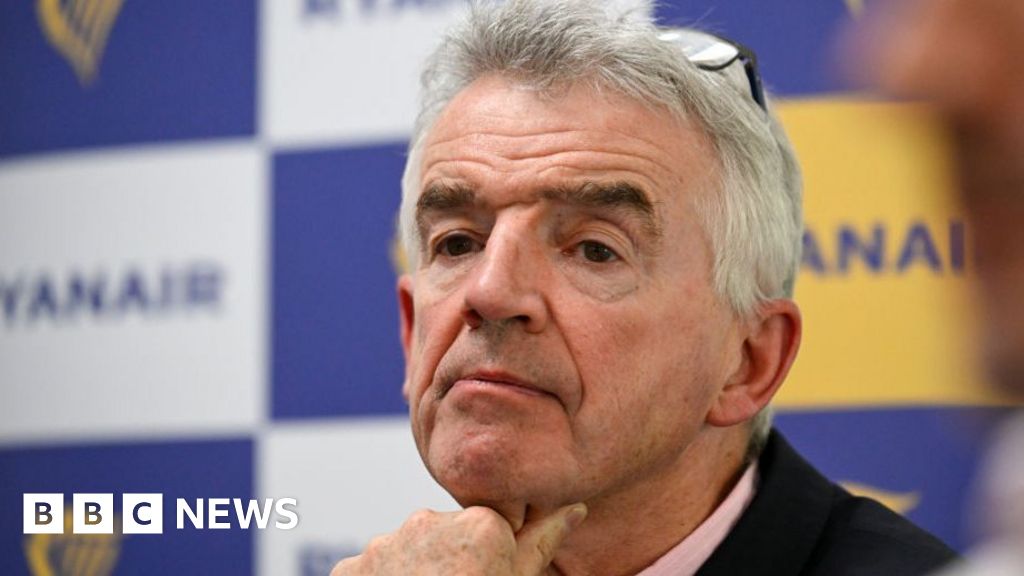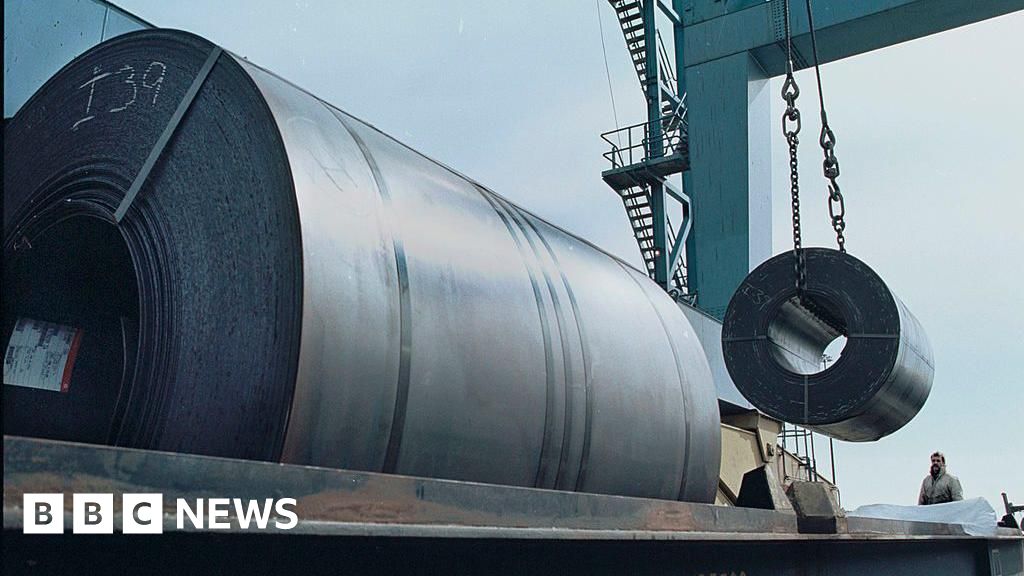Unlock the Editor’s Digest for free
Roula Khalaf, Editor of the FT, selects her favourite stories in this weekly newsletter.
China has removed three senior leaders of military state-owned enterprises from a top political advisory body, signalling President Xi Jinping’s tightening control of the armed forces.
The Chinese People’s Political Consultative Conference, a government advisory group under the ruling Chinese Communist party, has revoked the memberships of Liu Shiquan, chair of weapons manufacturer China North Industries Group, China Aerospace Science and Technology Corp chair Wu Yansheng and China Aerospace Science & Industry Corp executive Wang Changqing, according to state media.
Xi has this year embarked on a sweeping overhaul of China’s military at a time when the US and its allies have increasingly opposed Beijing’s military assertiveness towards Taiwan and in disputed territories in the South China Sea.
In October, Beijing officially removed Li Shangfu as defence minister and cabinet member, almost two months after he disappeared from public view. The Financial Times previously reported that US officials believe Li is under investigation for corruption.
Li was the second cabinet minister to be ousted this year, after Qin Gang, Xi’s former foreign minister, was replaced by his predecessor Wang Yi in July following a month-long absence from public commitments.
The removal of Liu, Wu and Wang from the CPPCC also comes about six months after the disappearance of several top officers of the People’s Liberation Army Rocket Force, which oversees the country’s nuclear and conventional missile arsenals. At the time, foreign experts and intelligence officials told the FT that the reshuffle was part of a drive to crack down on corruption and enforce Communist party discipline.
No further details were given about the fate of the three SOE executives. Such public announcements in China of official dismissals have in the past preceded detentions and investigations relating to corruption.
Many foreign analysts have interpreted the military crackdown as the latest sign of Xi consolidating his political power and centralising control of the armed forces, hallmarks of his leadership over the past decade.
Alex Payette, chief executive of the Cercius Group, a consultancy that tracks elite Chinese politics, said rectifying corruption in the military procurement system was crucial not only for Xi but also for the combat readiness of the PLA amid simmering security tensions with the US.
Data gathered by Cercius suggests that at least 70 senior cadres have been removed from their posts or have gone missing, or both, in the latest crackdown. Payette projected that the campaign would extend into 2024, with a deeper focus on military supply chains.
“We are not only talking about embezzling funds or getting kickbacks from military linked SOEs but also lowered quality-control standards, resulting in subpar quality weapons and military equipment being purchased and possibly used by the PLA,” Payette said.
Xi has also drawn heavily from the military-industrial base to recruit senior party officials, part of a years-long effort to strengthen “military-civil fusion”, a policy of utilising cutting-edge technologies from the private sector for the benefit of the country’s rapidly modernising military.
Xi, who is widely considered to be China’s most powerful leader since Mao Zedong, marked the 130th anniversary of the former leader’s birth on Tuesday with a fresh warning on Taiwan.
Beijing claims the country, which holds presidential elections on January 13, as part of its territory, and Xi has not ruled out using force to take control of it.
“Realising China’s complete reunification conforms to the trend of the times and the will of the Chinese people, and the overall interests of the Chinese nation,” Xi said. “China must and will surely be reunified.”
Credit: Source link










